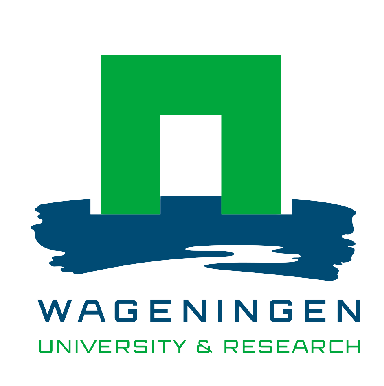Research & Consulting in
REGENERATIVE AGRICULTUREIMPACT INVESTING & SUSTAINABLE AI
OUR STORY

Cycle to Farms started as our ambitious quest to map and document regenerative agriculture solutions for climate change. Our 5,000-mile cycling journey across three continents took us through diverse landscapes, from deserts to forests and mountains in different climate zones, encompassing both small-scale and expansive farms. Immersed in the daily lives of regenerative farmers, we engaged in intimate, visually documented conversations that revealed invaluable practical wisdom. This unique insight, coupled with our academic and agribusiness backgrounds, uncovered a narrative of challenges, innovations, and resilience with every pedal stroke.
FEATURED IN
OUR WORK

We help organizations build custom AI workflows to increase efficiency and optimise processes.

We deliver cutting-edge (qualitative and quantitative) research and in-depth analysis to equip organizations with the evidence-based insights needed for informed decision-making and impactful regenerative transitions.

We produce impact reports to help you communicate your work with your donors.

We craft compelling narratives and provide strategic guidance to help regenerative initiatives build robust partnerships, secure funding, and scale their impact. We help organizations to map out food, ag and biotech landscapes.

We foster the wider adoption of regenerative practices through impactful communication and education, sharing insights from the ground and promoting a deeper understanding of food system change.
TESTIMONIALS








INSIGHTS
How can a farmer implement regenerative practices one step at a time, maintaining or increasing profitability without risking too much?
Data insights report on Natural Farming in India. Authored together with CIFOR-ICRAF team.
Eleven actionable steps for strengthening Natural Farming in India.
How about regenerative agriculture in Lithuania?
Excited to be featured as a case study for raising awareness about scaling soil health!
Socio-economic aspect is often forgotten when talked about regenerative agriculture. But how a farmer in Lithuania bridges this gap?
When cycling we knew that this is not only about us, but about sharing the findings and learnings with others.
"Sustainability, regeneration means also ,people care, fair share’, you need to earn money to be sustainable."
How farmers deal with water?
In this guest article we uncover how farmers increase biodiversity

CORE PRINCIPLE
Meet OUR Team

Aisha Hassan is a PhD researcher at MIT with a research interest in environmental finance and regenerative agriculture development. Her more recent work focuses on how to guide food systems towards more sustainable outcomes. Aisha holds an MSc in International Development Studies from Wageningen University and Research. Before her MSc, she obtained a BSc in International Studies from Leiden University. She worked for a microfinance organization in Tanzania, where she trained young entrepreneurs to become financially independent. More recently, she worked as a research intern at the Clingendael Institute’s Department of Business and Peace Horn of Africa as well as Summer Associate at Rockefeller Foundation on Regenerative School Meals project in Brazil. Aisha is passionate about photography and long-distance cycling, and has always dreamed of making the journey from Cairo to Cape Town by bike.

Lukas Paltanavicius has over 5 years of experience in agribusiness development in Europe. He began his career at Scandagra (a Danish and Swedish farmers cooperative) as an Agronomist and a Product Manager. He also collaborated with Wageningen Academy to create a masterclass called “Future proof farming” for agribusiness professionals. Lukas holds a BSc in Agricultural Technologies from Vytautas Magnus University (Lithuania and Italy) and earned an MSc in Biobased Sciences from Wageningen University & Research, with a focus on circular economy, regenerative agriculture, and agribusiness. He most recently completed a Lighthouse Farm Academy course to learn about future-proof farming systems. He is a fellow at New England Impact Investing Initiative. He has visited 42 countries across 5 continents, and his most memorable trips include skiing in the Himalayas and Mission Siberia.













































